Please let us know if any application etc, requires a reference or confirmation from us
In-house:
As always at this time actors and crew with us are most welcome to fill up extra thermoses with hot drinks at rehearsals, and charge additional devices/ power packs at rehearsals.
Any members of the cast and crew who require assistance obtaining menstrual sanitary items, please speak to Laura (theatre company founder) for confidential assistance from the supply we keep at the rehearsal hall.
Local Assistance:
The Household Support Fund is for residents of Torbay; The maximum award Torbay Council can provide is £50 towards food and for those applicants who are liable to pay energy costs, another £50 towards those costs (£100 in total).
The Torbay Community Helpline signposts local people to assistance with food banks around Torbay, benefits advice & applications, housing, domestic violence, etc.
Yes Brixham run a free foodbank for which you do not need a referral, and a warm heated communal space where you can sit in the warm, use internet, etc.
Wider assistance
Equity Benevolent Fund supports members of the actors & creatives trade union who need one off help with financial hardship.
Acting for Others - Provides financial and emotional support to theatre workers in times of need through their 14 member charities
British Association for Performing Arts Medicine - Provides medical advice to people working and studying in the performing arts, helping you overcome work-related health problem
The Actors’ Children's Trust - Awards childcare grants and education support to help working actors cover the costs of their child’s care and education
Dance Professionals Fund - Provides financial grants to dance professionals of all ages facing illness or injury and can support everyday living costs or with crisis funding
The Grand Order of Water Rats - A fund that helps performers and their dependents who, because of old age or disability are unable to work.
The Royal Theatrical Fund - Support for people who have worked, or work, in the theatrical profession and are in need as a result of illness, accident or old age. They provide grants, assist with shortfalls in nursing and residential homes fees, give advice about benefits and debt
The Theatrical Guild - Practical help at any stage of your career – from welfare and debt advice to financial support and counselling
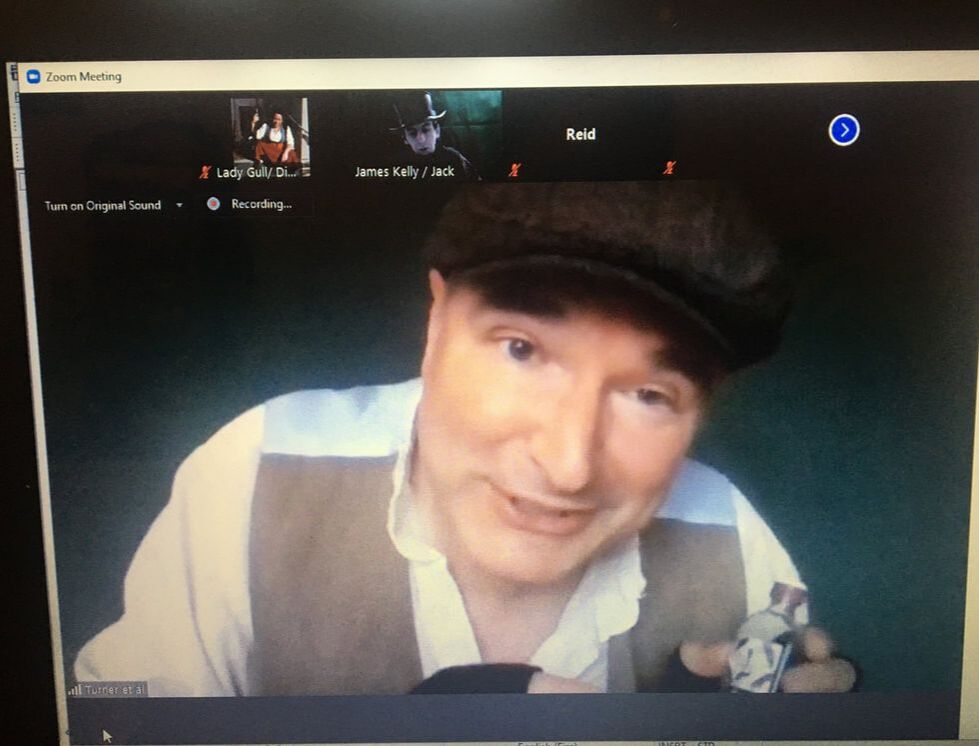
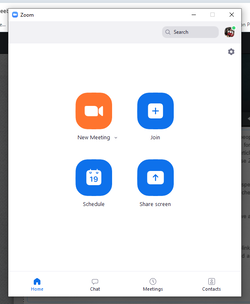
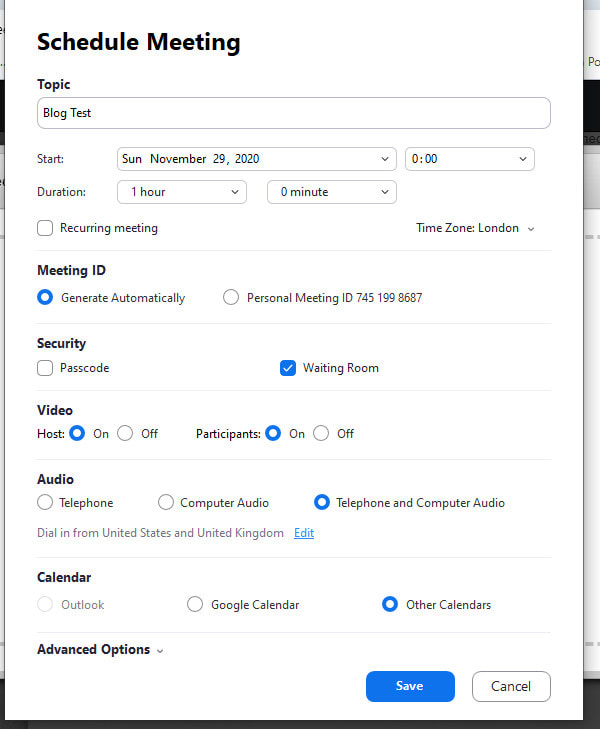
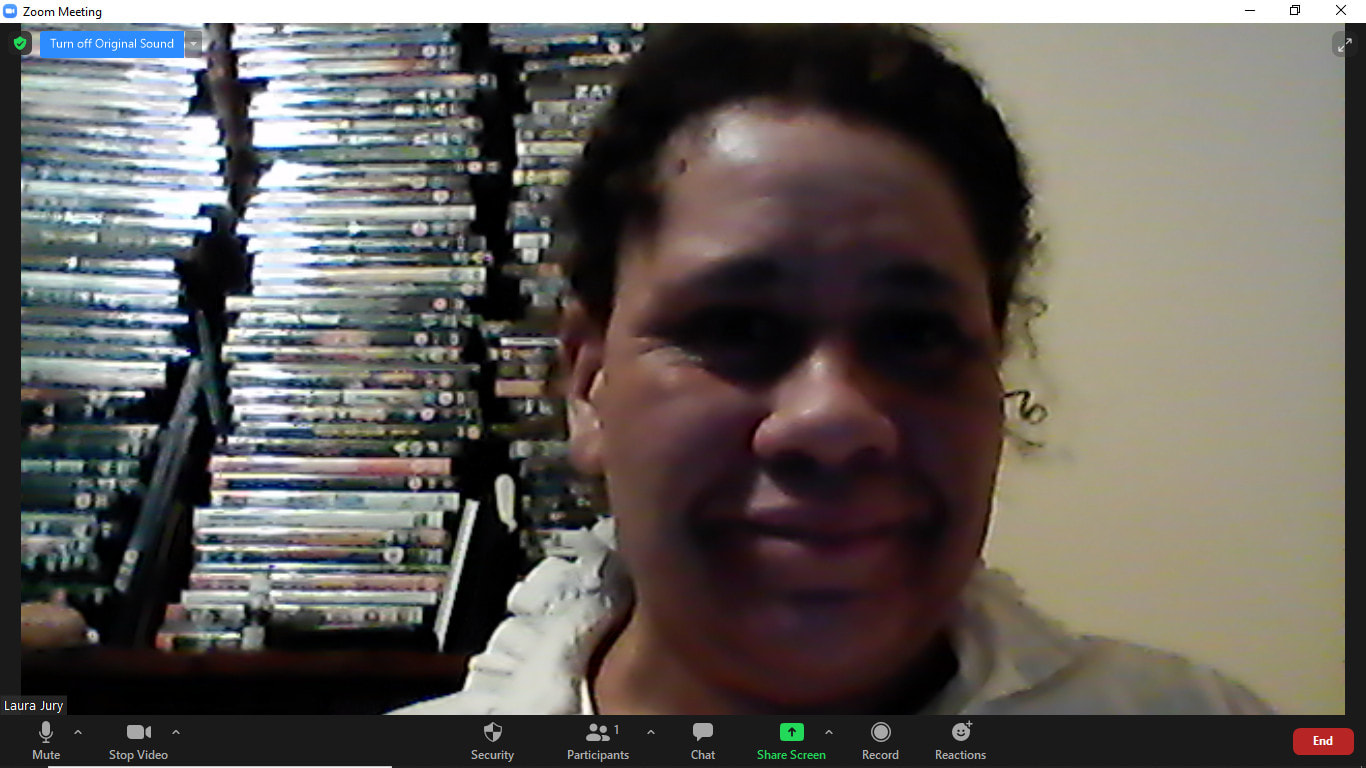
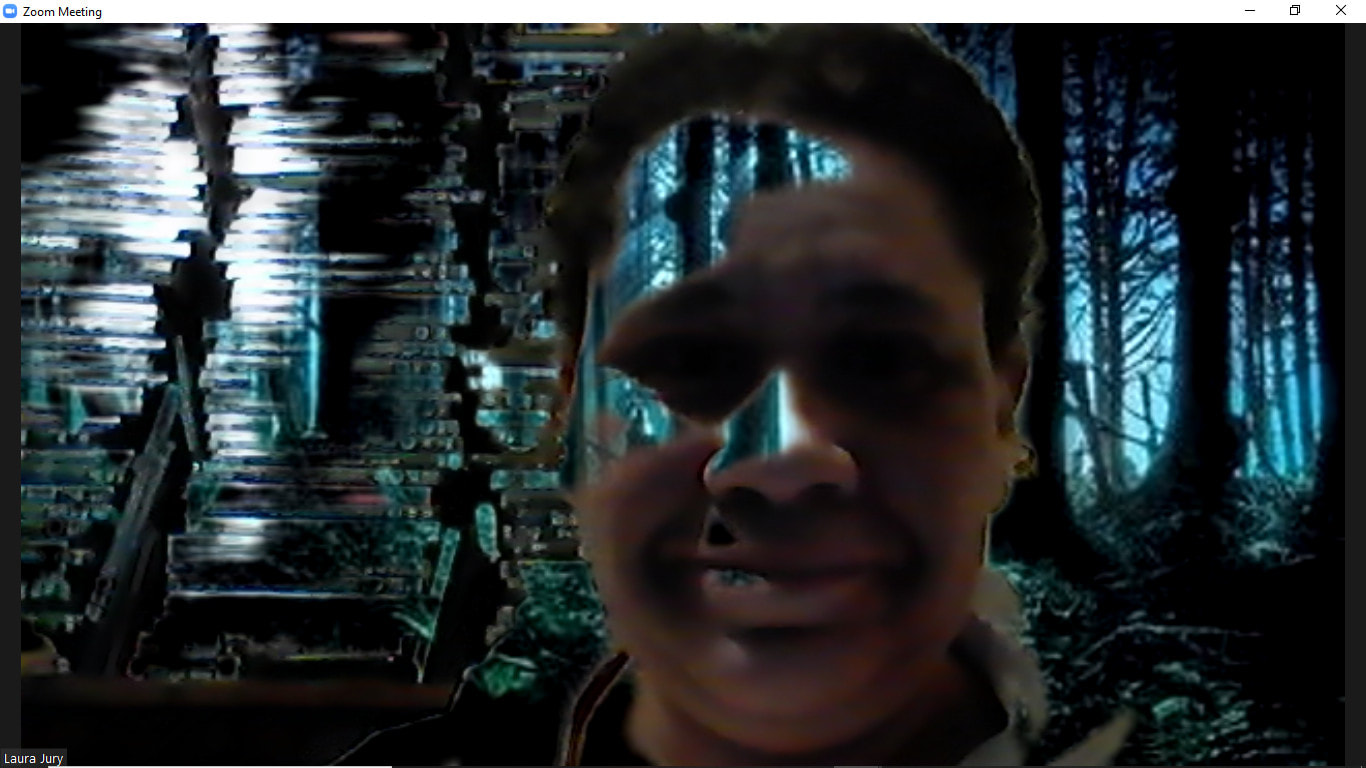
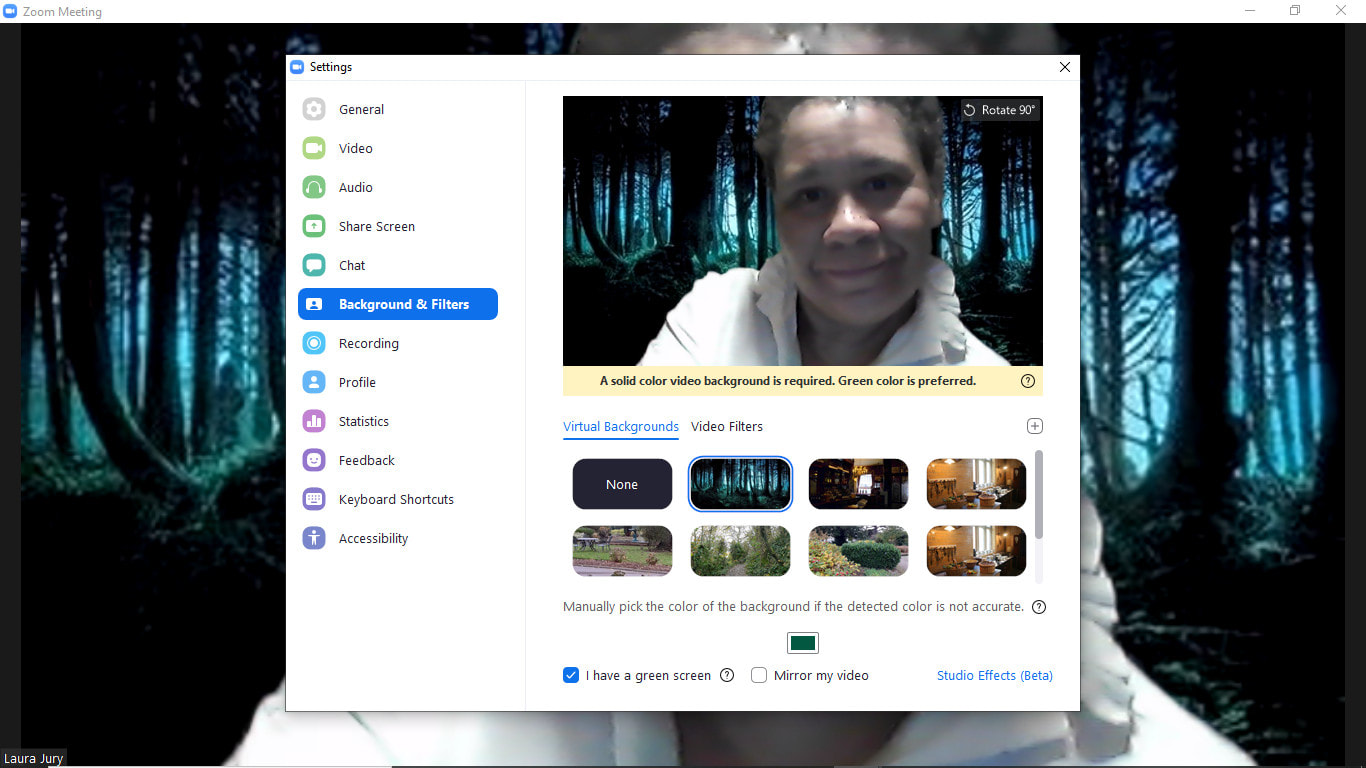
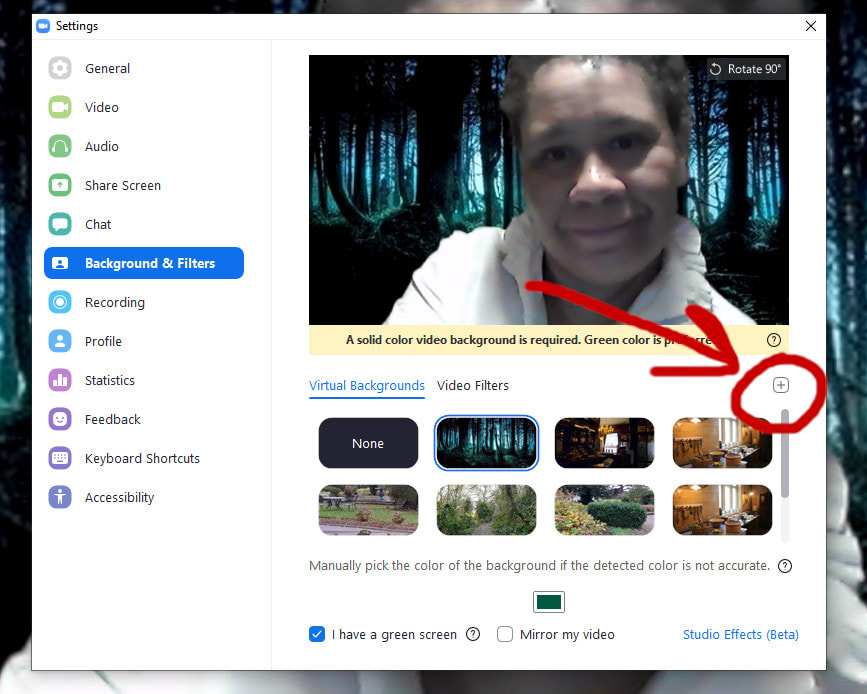
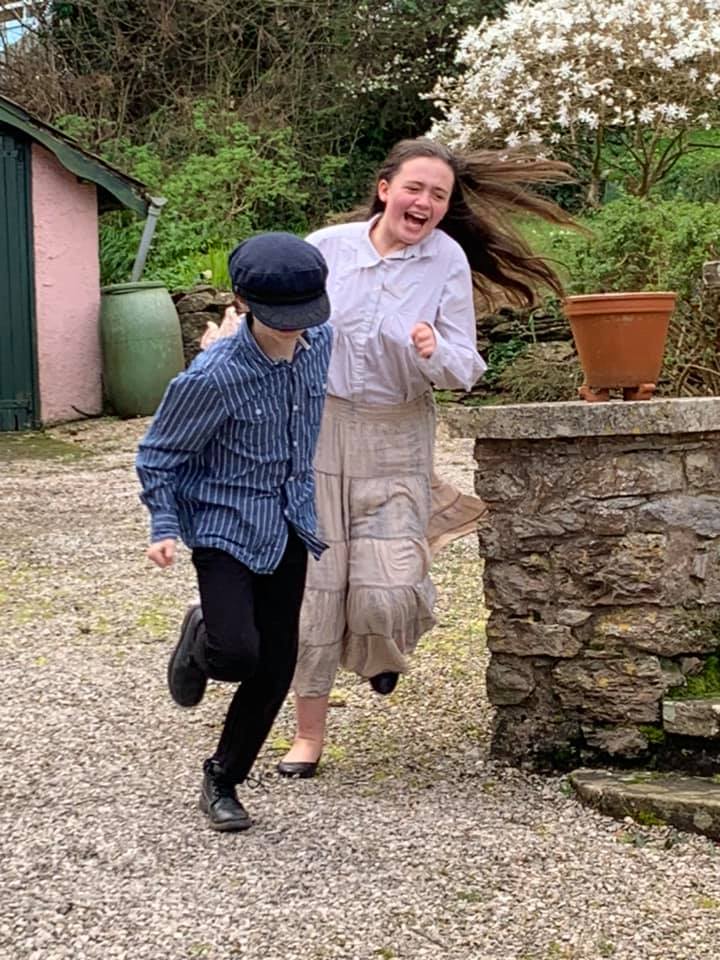
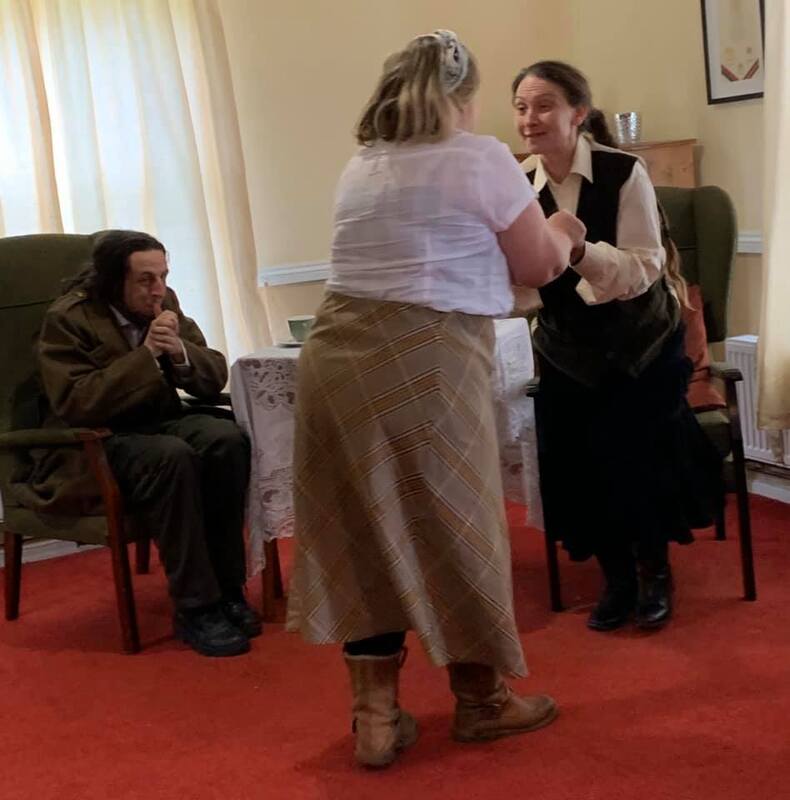
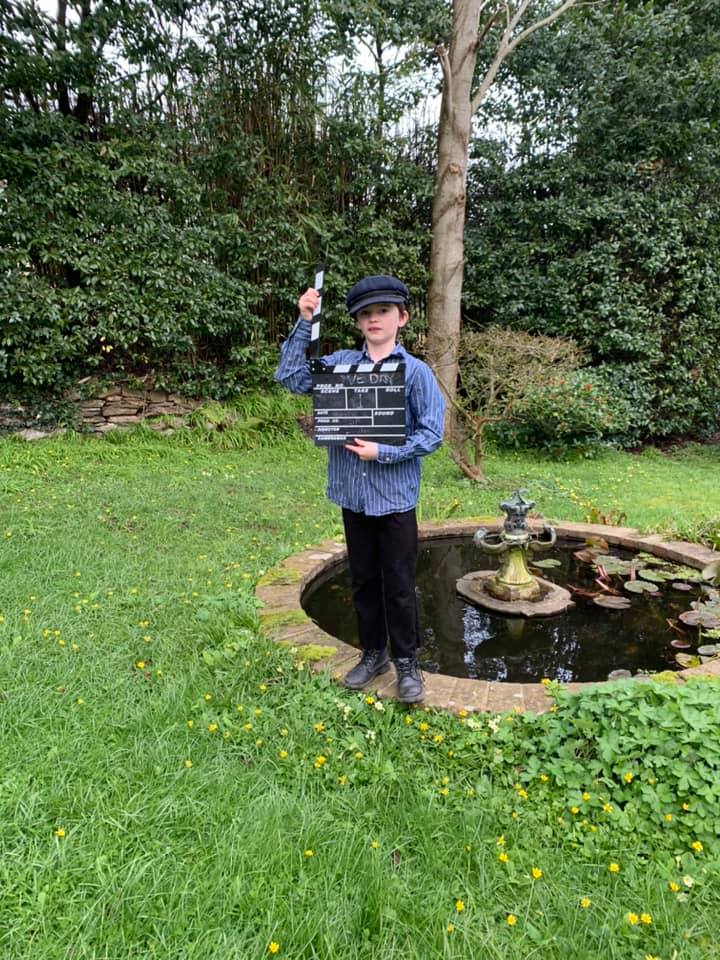

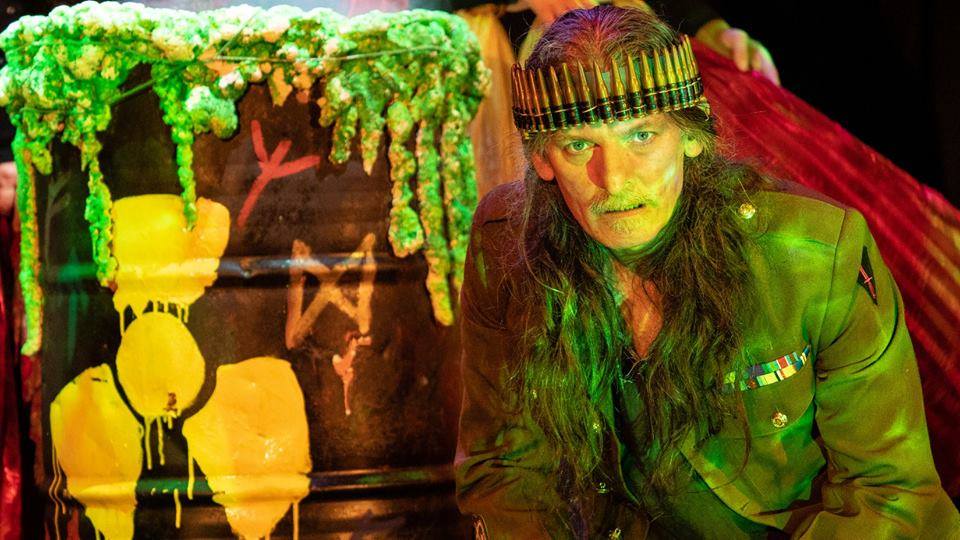
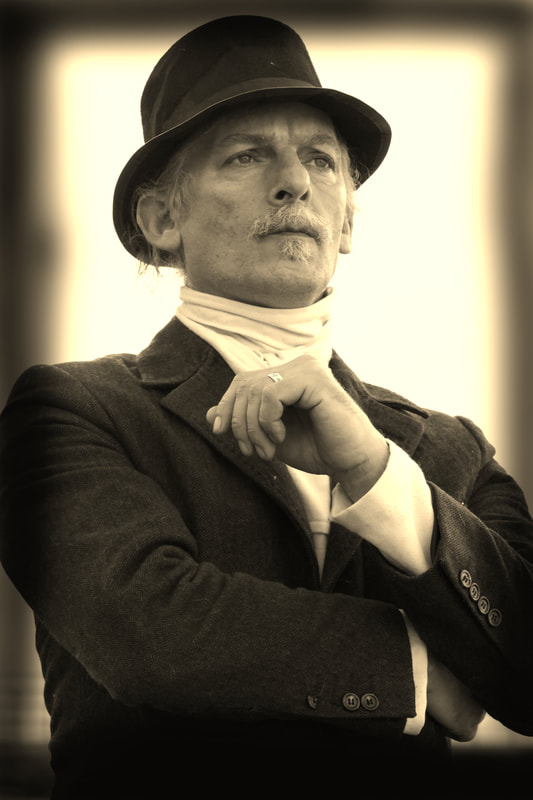
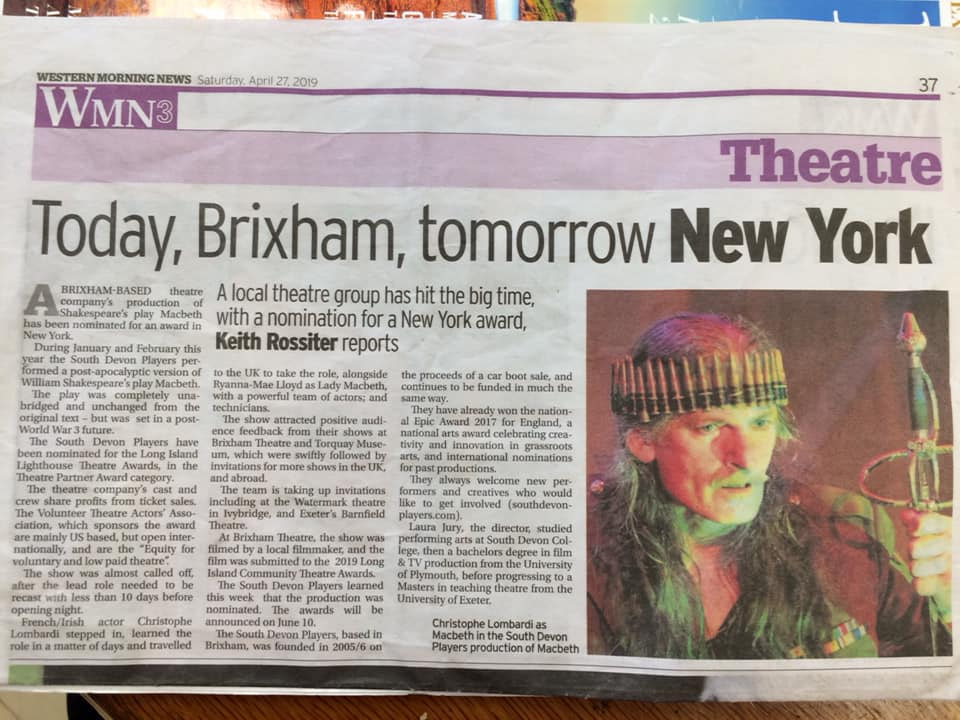

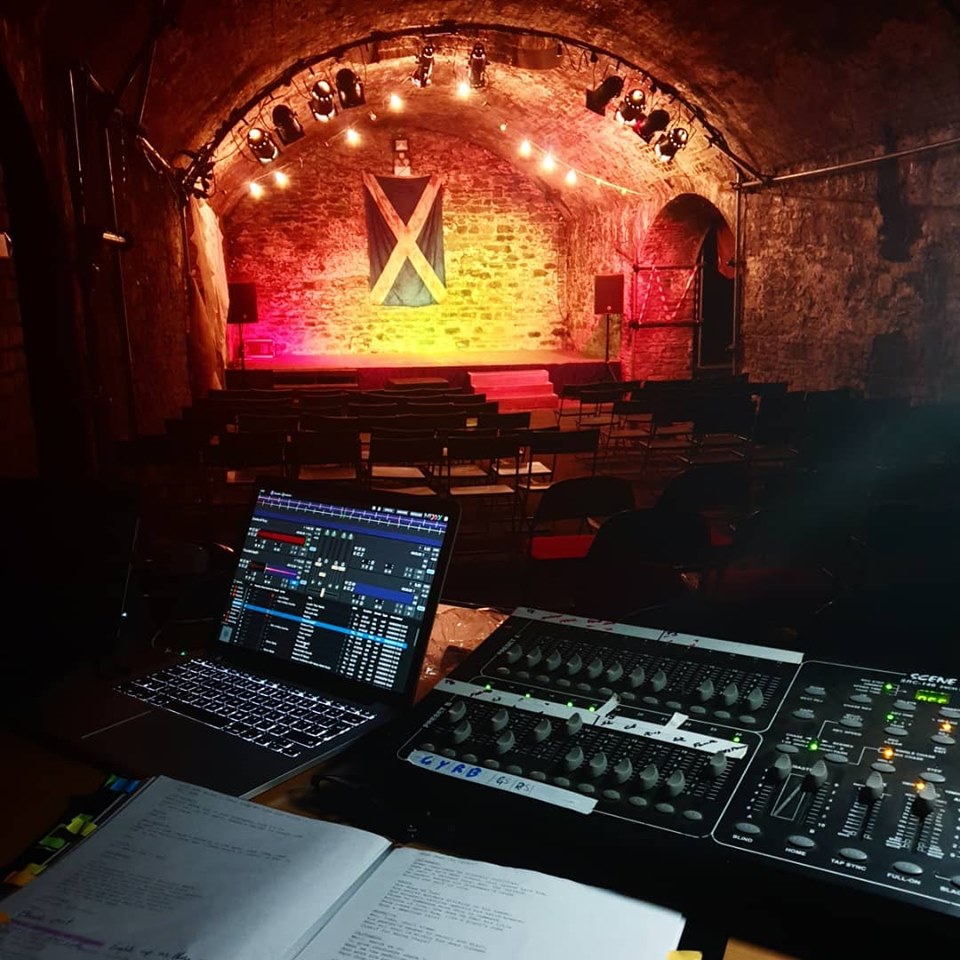
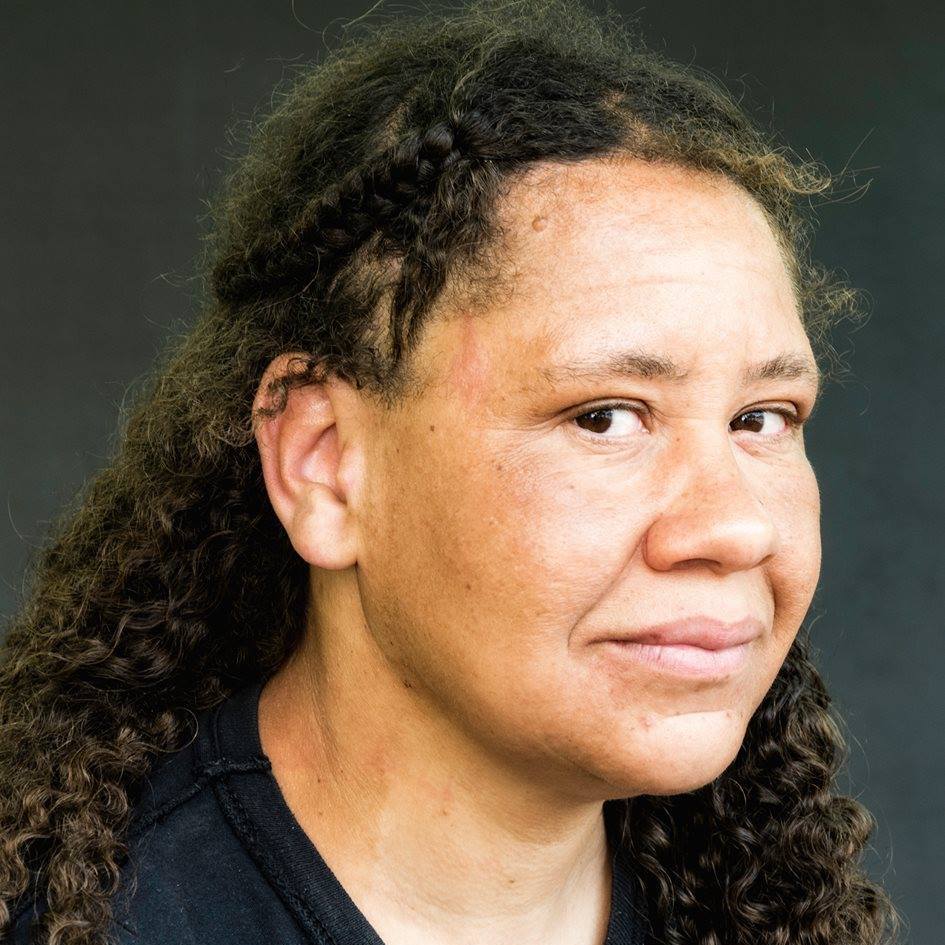
 RSS Feed
RSS Feed
